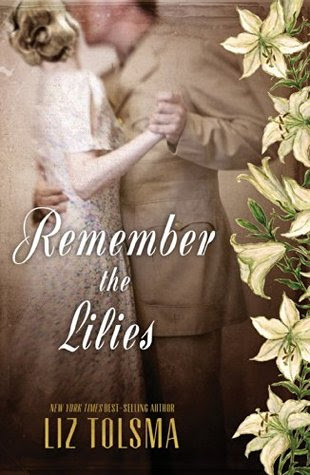 Can Irene and Rand stave off starvation until the American troops bring freedom?
Can Irene and Rand stave off starvation until the American troops bring freedom?
Interred by the Japanese, missionary Irene Reynolds comes across a mysterious note while working at the censor’s office. She memorizes the parts she must black out and delivers it to wealthy nightclub owner Rand Sterling. Before she knows what’s happening, she’s drawn into a web of secrets and danger.
Rand Sterling wants nothing more than to reopen his nightclubs once the war ends. But slimy Frank Covey wants his hand in the till—and has news that could threaten Rand’s reputation if it became public. More importantly, beautiful and intriguing Irene Reynolds cannot discover this information if he expects to persuade her to become his wife.
When Irene is attacked by a sinister Japanese guard and their secrets are exposed, they must learn the true meaning of forgiveness—if they can stave off starvation until the American troops bring freedom.
A more descriptive, intriguing, and moving story of life in a Japanese internment camp can’t exist. Tolsma masterfully describes life inside the camp, from supply limitations, guard interactions, weather difficulties, food shortages to disesase problems as if she were there. You can easily visualize how bleak everything must have been from the stark pictures the author paints.
The best part of these harsh conditions is the way that Rand never loses hope. He wants a better life than the camp provides, better conditions for the people whom he has grown to love, and an end to their imprisonment, and he is sure that freedom is on the way. His hope, combined with Anita’s faith, shine needed light into the dark details of the story.
I also enjoyed the way that Tolsma grew Rand from a selfish, spoiled businessman into a kind and selfless humanitarian. The sacrifices that Rand makes would be difficult in the best of times, and this was very far from that. The consequences of his actions were often chilling, and seeing him progress along this journey added a deeper spiritual element to what would otherwise be a fantastic work of historic fiction. Tolsma writes the faith story alongside the historical one, making it naturally bloom outward from Anita until it encompasses the major figures in the story. I liked this angle and felt it worked well with the other events happening on the page.
Which it is. The research and details are evident on every page. That Tolsma is an expert is obvious, and that she writes the best kind of historical fiction is, as well. It’s mysterious and suspenseful, romantic and edgy, and it’ll keep you on the edge of your seat from the first page to the last.
My only problem with the story is that I would’ve liked more background information. I’ve taken several classes in WWII history, but they’ve all encompassed European problems only; I knew nothing about the fighting in the Pacific arena prior to picking up Remember the Lilies. I would like to know more about who was interned at the camps, how did they get there, where did they come from, and what did they know as they walked in. I think I would’ve been more up to speed with Rand and Irene that way from the very beginning, instead of trying to glean those historical details as I read.
All in all, I don’t think a book that sends me off to do research is bad; neither is one that makes me want to read the other books in the series, as is definitely the case with this one. If you’re at all a fan of historical fiction or World War II books, this is definitely one to run out and read.
Read other reviews on this bloggy hop here or purchase your own copy now.

New York Times best-selling author Liz Tolsma is the author of Daisies are Forever, Snow on the Tulips, and the contributing author of A Log Cabin Christmas. When not busy putting words to paper, Liz enjoys reading, walking, working in her large perennial garden, kayaking, and camping. She lives in Wisconsin with her husband and children, all adopted internationally.
Find Liz online: website, Facebook, Twitter
I received a free copy of Remember the Lilies from LitFuse Publicity in exchange for an honest review.
What are your thoughts?